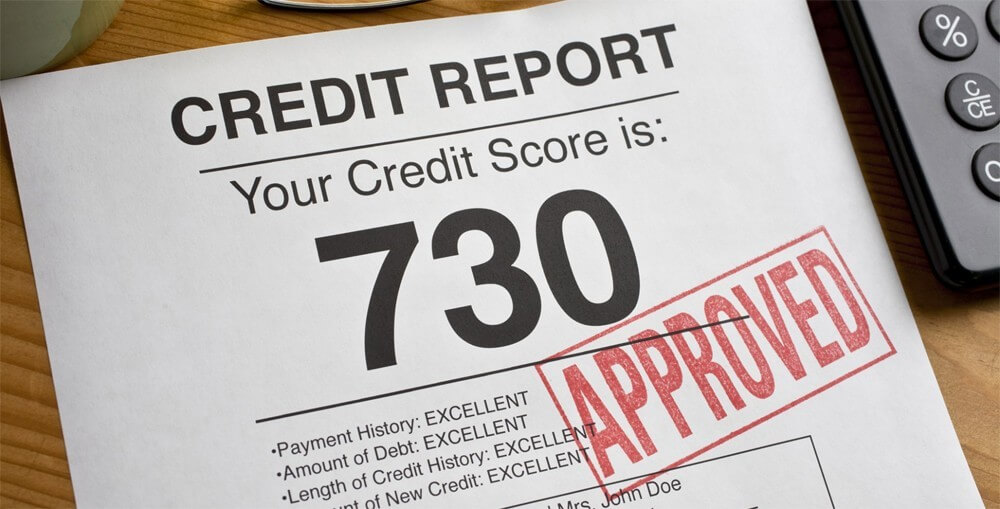What Credit Score Do I Need to Buy a Car?

There's an old saying in the car business: “If you can fog a mirror, you'll qualify.”
Basically, this means if you're breathing, somebody will find a way to get you a car loan. And frankly, with “bad credit”, “no credit” and “your-job-is-your-credit” lenders out there, there's a loan available for pretty much every situation.
However, we're guessing you were actually searching for an answer to another question: What credit score do I need to buy a car at a good interest rate?
Let's take a look.
What Your Score Means
Almost anyone can qualify for a car loan because they are considered secured debt. Because lenders can always take the car back if the borrower fails to pay, some financiers can be very liberal when it comes to car loans.
With that said, the better you look on paper, the less you'll pay for that loan.
How Credit Scoring Works
According to the Fair Isaac Corporation, producers of the FICO score, consumer credit ratings range from 300 to 850 and are designated as follows:
- Poor = 579 and below
- Fair = 580 to 669
- Good = 670 to 739
- Very Good = 700 to 799
- Exceptional = 800 and above
The higher your score, the lower the interest rate you'll encounter because lending to you is perceived to be less of a risk. According to Experian, one of the leading the credit rating agencies, the average credit score for a new car loan at the end of 2018 was 717. However, some 38.3 percent of auto borrowers had scores of 660 or lower. These are considered bad credit car loans.
What Your Score Gets For You
Residing within those ranking designations above are “superprime”, “prime” and “subprime” borrowers. Experian defines superprime borrowers as applicants with scores of 781 or better. Prime debtors are rated between 780 and 661. Subprime candidates have scores of 660 or below.
According to figures compiled by US News and World Report, as of June 6, 2019 auto loan rates by credit score were as follows:
| Credit Score | New Car Loan | Used Car Loan | Refinance Car Loan |
| 750+ | 4.21% | 3.85% | 2.75% |
| 700 – 749 | 4.26% | 4.07% | 3.28% |
| 650 -699 | 6.70% | 6.36% | 3.88% |
| 450-649 | 13.16% | 12.19% | 8.04% |
| 449 or less | 17.92% | 16.58% | 15.19% |
Rates for new car loans were based on $28,800, which is $36,000 (the current average price of a new car) minus a 20 percent down payment.
They assumed a loan amount of $16,000 for used cars, which is $20,000 (the average price of a used car) minus a 20 percent down payment.
The amount against which they calculated refinance auto loans was $15,000.
How It All Adds Up
Let's say you buy a new car for $36,000 over 60 months with $7,200 down and a 720 FICO Score. You'll be looking at $533.78 monthly. Meanwhile, a 449 would put you at $730.08.
As you can see, your credit score makes a considerable difference in the monthly payment you'll need to afford. However, this disparity becomes even more significant when you factor the payments out over the 60-month term of the loan. You'll pay a total of $38,026.80 with a 720, and an eye-opening $49,804.80 with a 449, for the exact same automobile.
Thus, when it comes to the question of what credit score you'll need to buy a car; the answer is — the absolute best one you can possibly achieve.
839GYLCCC1992



Leave a Reply